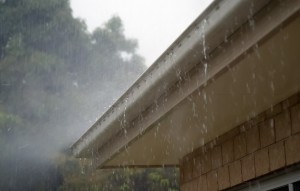 There are many good reasons for collecting rainwater from your roof. By doing so, you would be helping to protect our rivers, streams, lakes, sounds, bays, and oceans from pollutants entering these bodies of water through stormwater runoff.
There are many good reasons for collecting rainwater from your roof. By doing so, you would be helping to protect our rivers, streams, lakes, sounds, bays, and oceans from pollutants entering these bodies of water through stormwater runoff.
A combined sewer is a type of sewer system that collects sewage and surface runoff in a single pipe system. Combined sewers can cause serious water pollution problems due to combined sewer overflows, which are caused by large variations in flow between dry and wet weather. This type of sewer design is no longer used in building new communities (because modern design separates sanitary sewers from runoff), but many older cities continue to operate combined sewers.
By reducing runoff from our roofs, less water is entering the combined sewer system, reducing amounts of discharge into our bodies of water.
Collecting rainwater from our roofs reduces demand on our centralized water systems.
The overwhelming majority of the water used in the U.S. comes from freshwater supplies of surface and groundwater. Water extracted for public systems is treated to potable standards as defined by the Safe Drinking Water Act. Access to high quality water has greatly benefited public health, but it has also resulted in our current system which utilizes potable water for virtually every end use, even when lesser quality water would be sufficient. In addition to conservation methods, using alternative sources of water will be necessary for more efficient use of water resources.
Rainwater collection reduces electrical usage.
According to the EPA’S Rainwater Harvesting Policies, Municipal Handbook, the connection between water and energy is often overlooked, but the process of extracting water from surface or groundwater supplies, bringing it to treatment facilities, treating it to drinking water standards, and delivering it to residential and commercial customers expends energy – primarily because of pumping and treatment costs. The water sector consumes 3% of the electricity generated in the U.S. and electricity accounts for approximately one-third of utilities’ operating costs. Reducing potable water demand by 10% could save approximately 300 billion kilowatt- hours of energy each year. Water reuse systems, like rainwater harvesting, supplant potable water and reduce demand. The reduced water demand provided by rainwater harvesting systems translates directly to energy savings.
Collecting rainwater provides a safe, clean, reliable source of water and has many benefits available to the consumer.

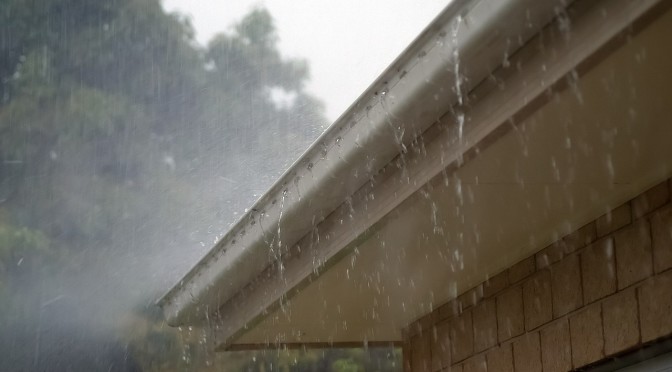
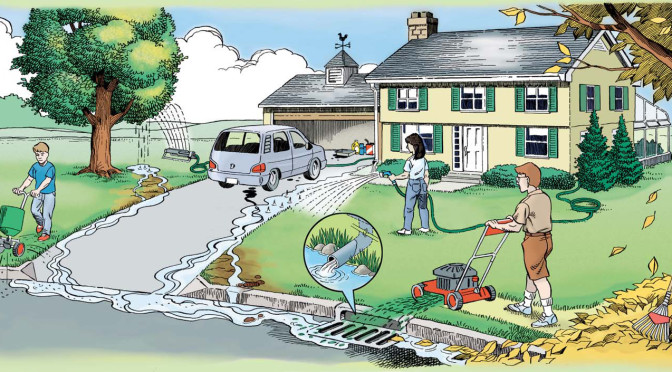
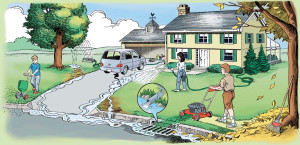 What can we do as families to help reduce pollutants entering our bodies of water?
What can we do as families to help reduce pollutants entering our bodies of water?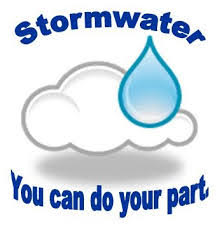 Every little bit helps to protect our water and natural resources.
Every little bit helps to protect our water and natural resources.
 As we’ve shared in the past, the mission of
As we’ve shared in the past, the mission of